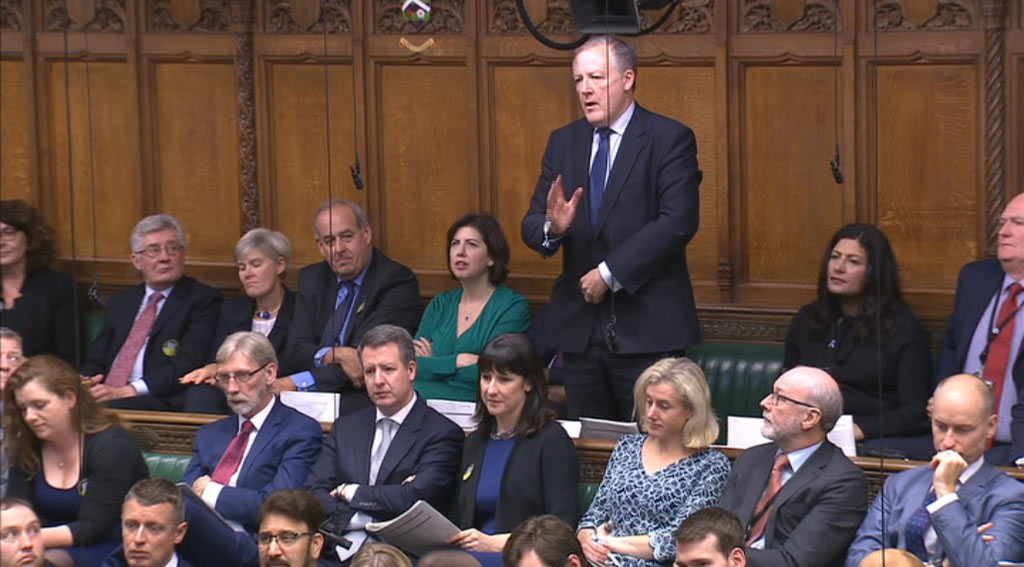On 7 February, speaking in the House of Commons, Kevan spoke against the Government’s Motion to approve the Police Grant Report (England and Wales).
This is how Parliament approves the central police funding allocation for each force.
The main source of income for the 43 geographic police forces is a central government grant made available through the annual Home Office Police Grant Report. Police and Crime Commissioners (PCCs) can also raise additional revenue funding through council tax precepts.
During the debate Kevan asked the policing minister: “Isn’t it a fact that from 2010 to 2015 the police budget from central Government was reduced 5% every single year?”
Durham’s Police Grant has faced years of cuts with 350 Police officers lost since 2010.
The Government’s offering of a flat cash increase in the Police Grant is a cut in Police Funding, meaning local tax payers will have to make up the difference to protect local Policing.
Kevan spoke of how the funding formula will hinder Durham:
“The proposal is for a flat increase in the precept of £12 a year across band D properties. The Government argue that that is fair, but for Durham it is completely unfair.”
“Durham relies on a central Government grant for 75% of its funding, so because of the makeup of council tax bands for properties in Durham, a £1 increase would increase expenditure by £46 per head of population. In Thames Valley, the figure would be £60, and in Surrey, it would be nearly £90. If the system is reliant on local council tax bands, the local precept that the police and crime commissioner can raise in some areas is severely limited.”
Kevan then went on to further question the fairness of the new system, pointing out that 55% of properties in Durham are band A:
[..] if the police and crime commissioner increases the precept by the maximum, which he will have to do, that will raise £2 million, £800,000 of which will come from band A properties, and just £62,000 of which will come from band H properties. That is fundamentally unfair. The system means that those who are least able to pay will end up paying more.
“[The Government] is pushing that on to local taxpayers and in some cases on to the poorest in our society, who cannot afford to pay”
Kevan ended his speech by saying that he feared more cuts at local police level as a result of the new formula.
To read Kevan’s speech in full, as well as the rest of the debate, click on the link to Hansard below:

